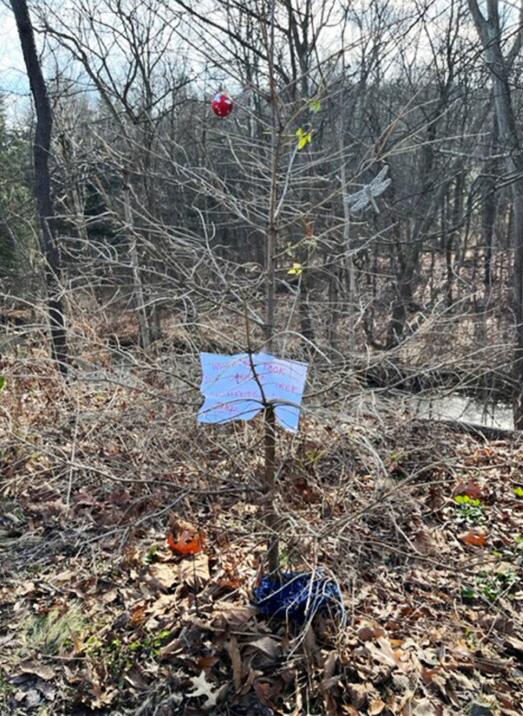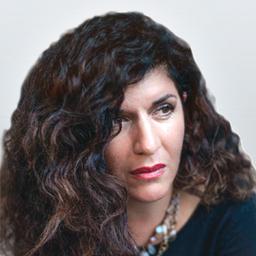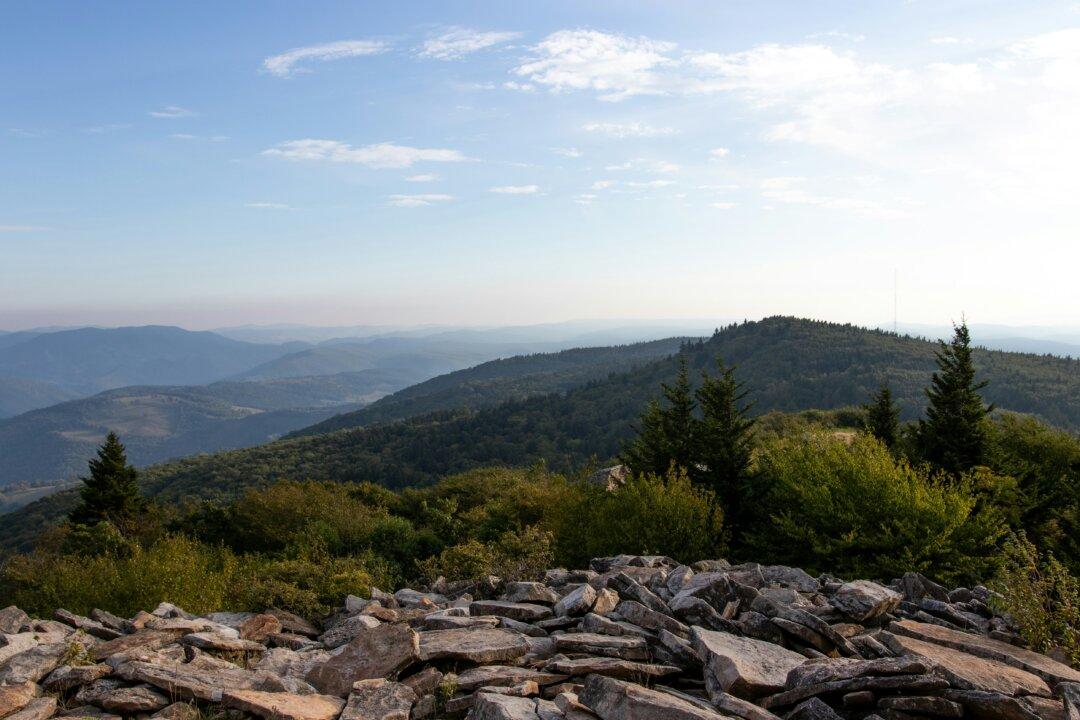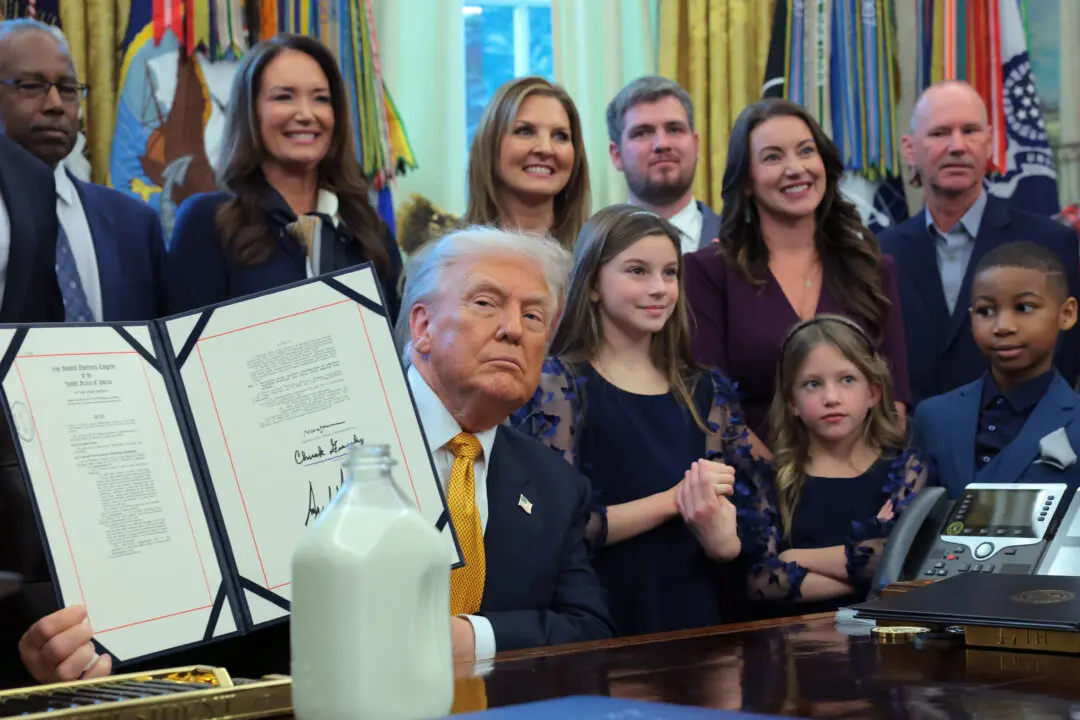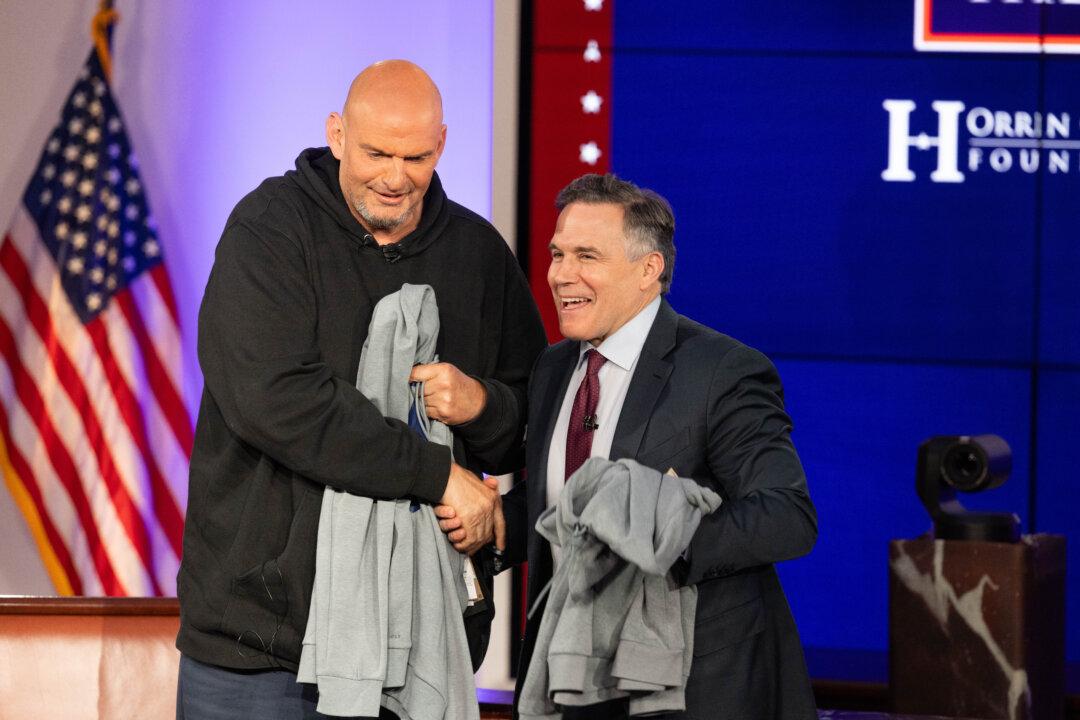Commentary
TRAFFORD, Pa.—For the first couple of weeks in December, a tiny, bare tulip tree, common in Appalachia, grows on the trail that hugs Turtle Creek and the eye of passersby. Decorated with cheerful homemade Christmas ornaments, it brought smiles to the faces of cyclists, runners, and walkers who saw it every day.
